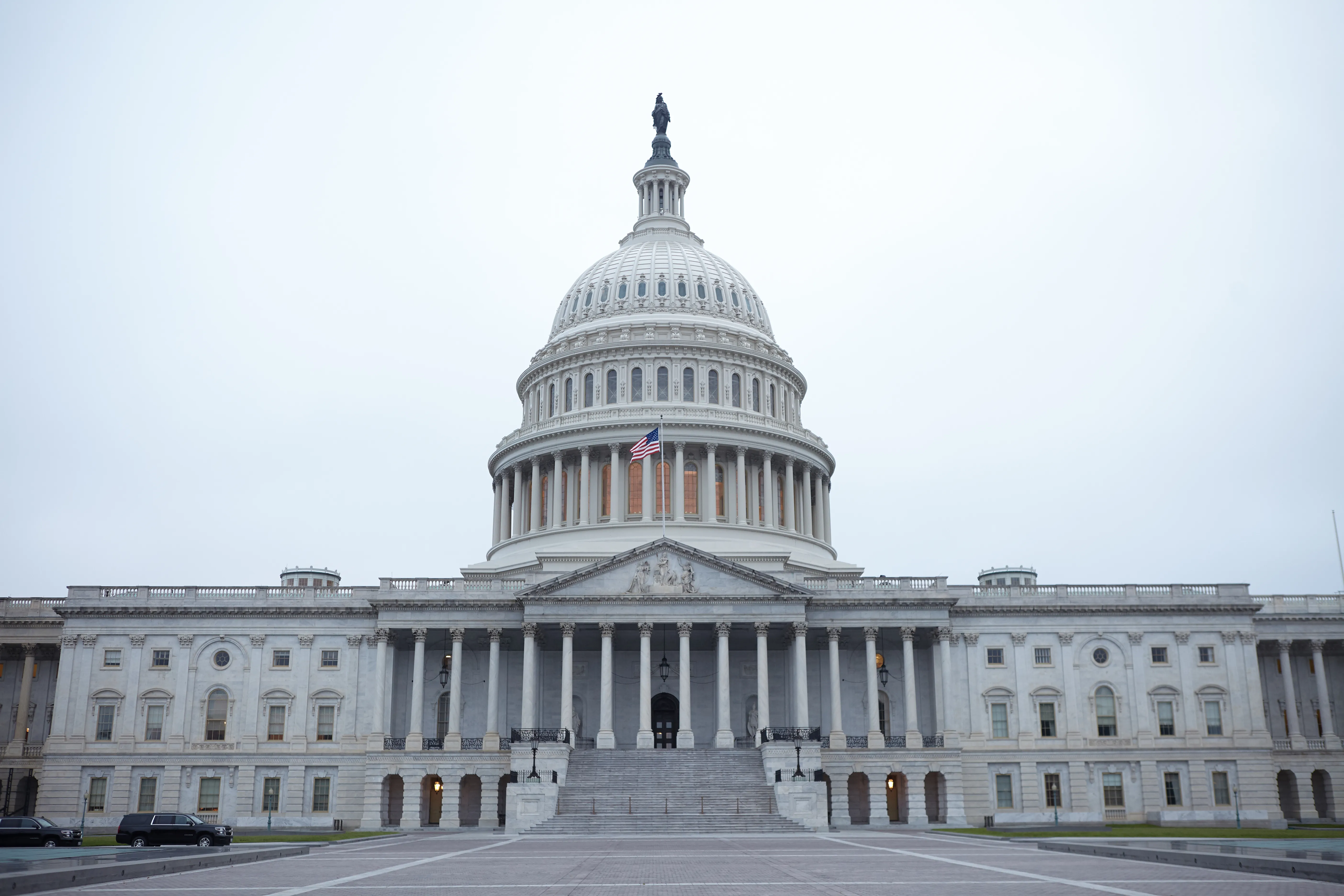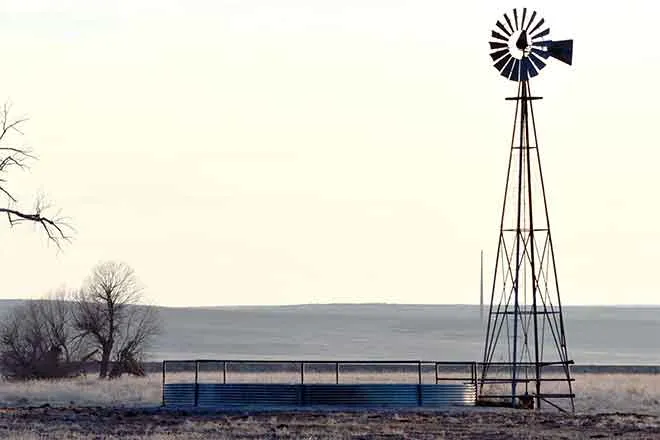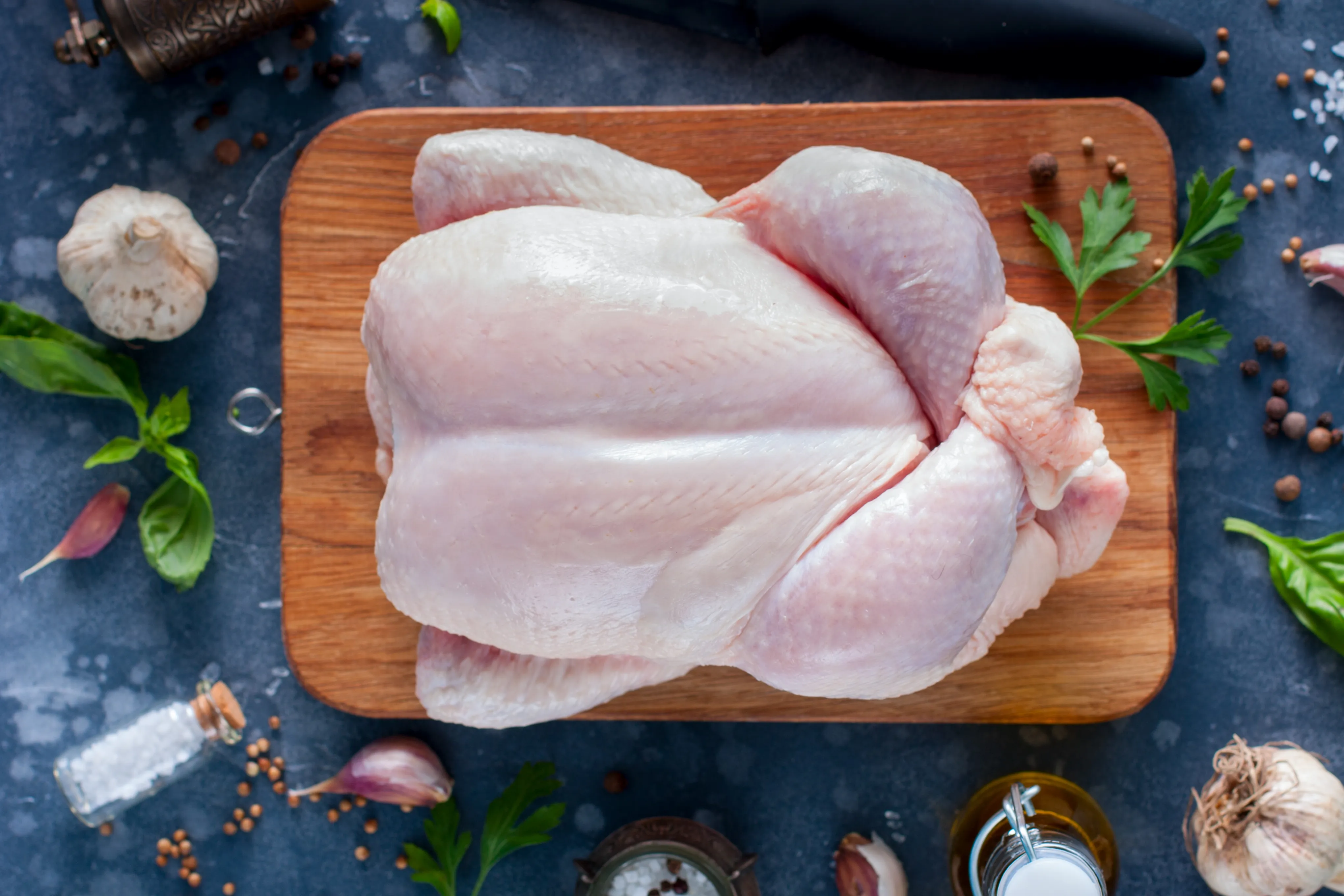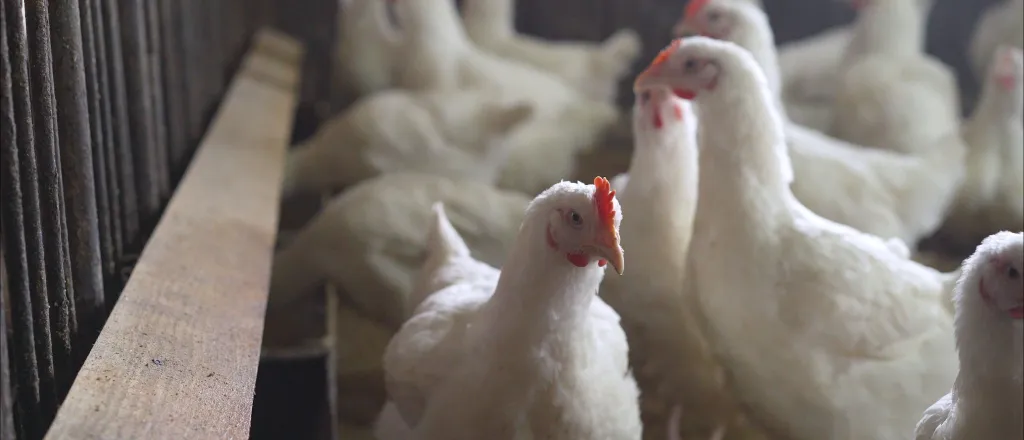
Mixed results for California measures to end factory farming
© Ruslan Sidorov - iStock-1197330374
Click play to listen to this article.
(California News Service) A measure to end factory farming in Sonoma County has only received about 15 percent of the vote so far - so supporters are gathering tomorrow in Santa Rosa to find a new way forward. Measure J would have required big dairy and poultry farms classified as concentrated animal feeding operations, or CAFOs, to downsize significantly.
Cassie King, a member of the group End Factory Farming, said they raised the issue's profile - and will keep up the fight.
"The fact that the industry had to spend millions of dollars and rally so hard to defeat Measure J shows that they understand the public opposition to factory farming is growing and this system is on its way out," she said.
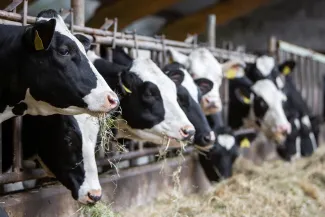
© ahavelaar - iStock-1501815024
The No on J organization did not respond to a request for comment. In mailers before the election, it warned that Measure J would have cost jobs, hurt tax revenues as large farms shut down, led to higher food prices, and opened up the land to unwanted development.
Almira Tanner, lead organizer with the group Direct Action Everywhere, said cases of extreme animal confinement, cruelty and neglect have been exposed at factory farms around the country. And she calls the waste pits a huge environmental hazard.
"One of these dairy CAFOs in Sonoma County produces more waste than the human population of Petaluma. And that is not treated often. It is leaching into our groundwater," she explained. "It's emitting enormous amounts of methane, accelerating climate change."
Tanner noted that a similar initiative in Berkeley called Measure DD is currently winning with 60 percent of the vote. DD was intended to target the stables associated with Golden Gate Fields Racetrack, which ended up closing in June, five months before the election.
"There were up to 1,400 horses there at any given moment. They were in confinement for 22 to 23 hours a day, and of course, being trained and raced to death for profit," she continued.



